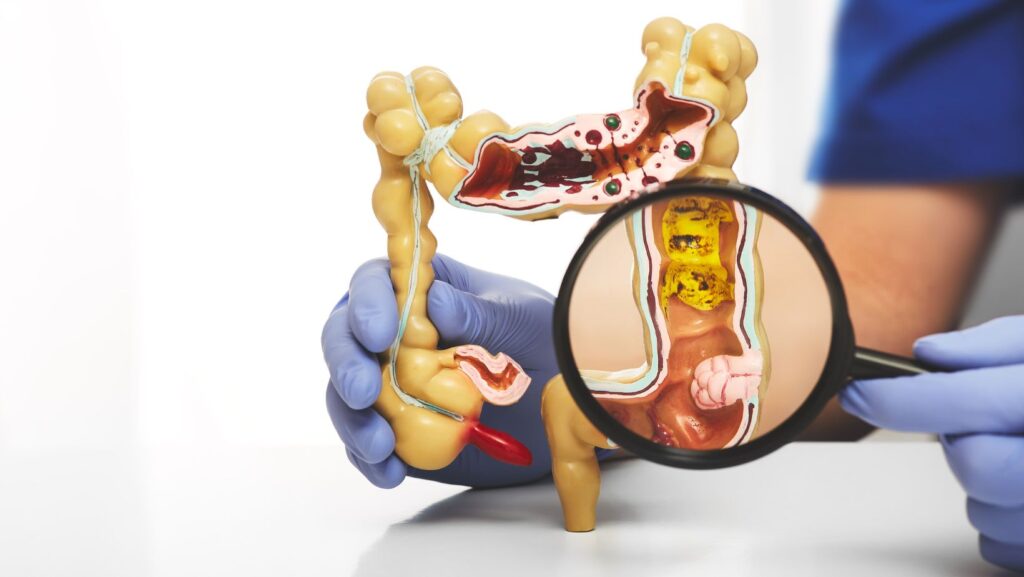Colon hydrotherapy is a wellness practice that involves cleansing the colon with water. Many individuals turn to this therapy to enhance their health, but it is essential to understand both its advantages and potential drawbacks. This article delves into the benefits and risks associated with colon hydrotherapy.
Advantages of Colon Hydrotherapy
- Cleansing the Colon: The primary benefit is the removal of accumulated waste from the colon. This cleansing can help reduce the burden on the digestive system.
- Enhanced Digestive Health: By clearing the colon, digestion may improve. This can lead to better absorption of nutrients from food.
- Alleviation of Bloating: Many users experience reduced bloating after colon hydrotherapy. This is due to the elimination of trapped gas and waste.
- Support for Weight Management: Although not a weight loss solution, colon hydrotherapy can aid weight management by reducing waste in the digestive tract, which may temporarily lower body weight.
- Boosted Immune System: A cleaner colon can contribute to a stronger immune system. Removing toxins may help the body defend against illnesses more effectively.
- Mental Well-Being: Some individuals report feeling mentally clearer and more focused after the procedure, possibly due to overall improved health.
- Relief from Constipation: For those with chronic constipation, colon hydrotherapy can provide significant relief by stimulating bowel movements and clearing blockages.
Potential Drawbacks of Colon Hydrotherapy
- Health Risks: There are inherent health risks, such as infections from non-sterile equipment. Ensuring proper hygiene is crucial to prevent complications.
- Loss of Essential Minerals: The procedure can remove not only waste but also essential minerals like potassium and magnesium, leading to deficiencies.

- Discomfort and Pain: Some individuals may experience abdominal discomfort, cramps, or pain during and after the therapy.
- Colon Perforation: Though rare, there is a serious risk of tearing the colon wall, which requires immediate medical intervention.
- Dehydration Concerns: The infusion of fluids can lead to dehydration, especially if large volumes are used or if the procedure is repeated frequently.
- Dependency Issues: Relying on colon hydrotherapy for regular bowel movements can weaken the colon’s natural ability to function properly.
- Impact on Gut Bacteria: The colon hosts beneficial bacteria essential for digestion and immune health. Colon hydrotherapy can disrupt this balance, potentially causing digestive issues.
Considerations Before Undergoing Colon Hydrotherapy
- Consult a Healthcare Provider: Speak with a medical professional to assess whether colon hydrotherapy is safe for your specific health condition.
- Choose a Reputable Practitioner: Ensure that the therapy is performed by a qualified and certified practitioner who follows strict hygiene protocols.
- Understand the Procedure: Know what to expect during the session, including the sensations and any post-procedure care required.
- Evaluate Your Health Goals: Determine if colon hydrotherapy aligns with your health objectives and if the potential benefits outweigh the risks.
- Explore Alternatives: Consider other methods for improving digestive health, such as dietary changes, increased fiber intake, and regular exercise.
Making an Informed Choice
Colon hydrotherapy can offer benefits like improved digestion and relief from constipation. However, it also poses risks such as infection, dehydration, and disruption of gut bacteria. Carefully weigh these pros and cons before deciding to undergo the procedure.

Prioritize your health by seeking professional advice and choosing safe, reputable practitioners. Additionally, incorporate natural health practices into your routine to support overall well-being without relying solely on colon hydrotherapy.
Final Thoughts
Colon hydrotherapy presents both advantages and challenges. It can be a useful tool for enhancing digestive health and removing waste, but it is not without its risks. By understanding these factors and making informed decisions, you can better navigate your health journey and choose the best path for your individual needs.
